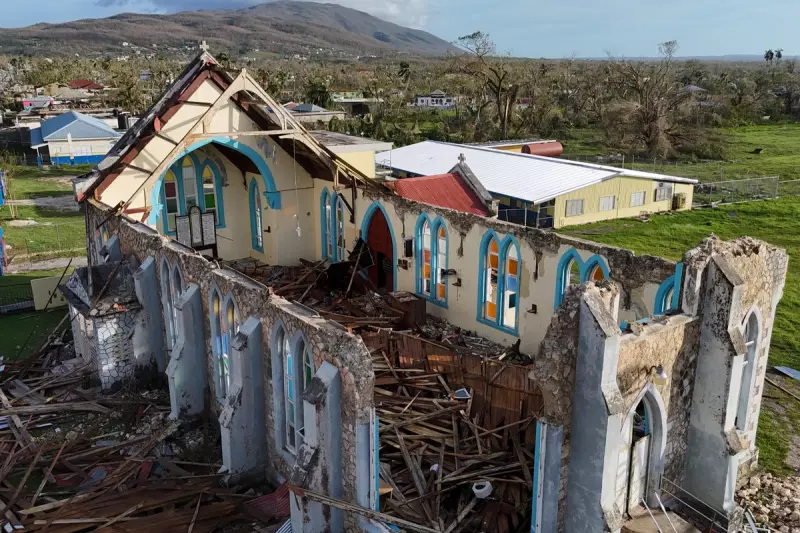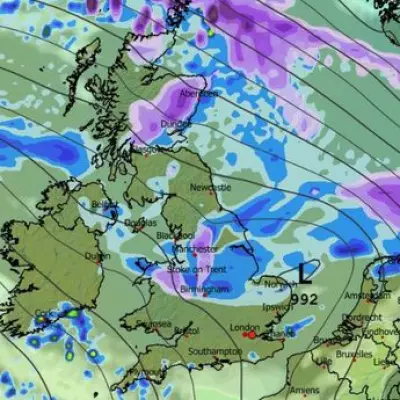
The Caribbean is reeling from Hurricane Beryl's devastating path as the powerful Category 4 storm continues its destructive march across the region, leaving at least six people dead and communities in ruins.
Island Nations Devastated
Prime Minister Dickon Mitchell of Grenada delivered sobering news, confirming three fatalities with Carriacou and Petite Martinique suffering near-total destruction. "The situation is grim," Mitchell stated during a Tuesday news conference. "There is almost complete devastation of the built environment. We are talking about houses, buildings, and other structures."
Regional Impact Spreads
The storm's wrath extended beyond Grenada's shores. In St Vincent and the Grenadines, communications remained severed with Union Island, while reports confirmed one death in the country and two additional fatalities in northern Venezuela.
Regional leaders expressed grave concerns about the hurricane's unprecedented strength. Ralph Gonsalves, prime minister of St Vincent and the Grenadines, warned that rebuilding would require "monumental effort" given the extensive damage across multiple islands.
Jamaica Braces for Impact
As Beryl maintained its westward trajectory, Jamaican authorities issued urgent evacuation orders for areas prone to flooding and landslides. The Meteorological Service projected the storm's centre would pass dangerously close to the island's southern coast on Wednesday, bringing potentially catastrophic winds and storm surges.
Record-Breaking Hurricane
Meteorologists noted Beryl's extraordinary characteristics, marking it as the strongest hurricane ever recorded so early in the Atlantic season. The storm rapidly intensified from tropical depression to major hurricane status in less than two days, reaching Category 5 strength at its peak before slightly weakening to Category 4.
Climate scientists suggest such rapid intensification patterns may become more frequent due to unusually warm ocean temperatures, raising concerns about the remainder of the 2024 hurricane season.
Emergency Response Mobilised
Regional disaster agencies have activated emergency protocols, with neighbouring countries preparing to dispatch relief teams once conditions permit. The Caribbean Disaster Emergency Management Agency is coordinating regional response efforts while international aid organisations stand ready to assist affected communities.





